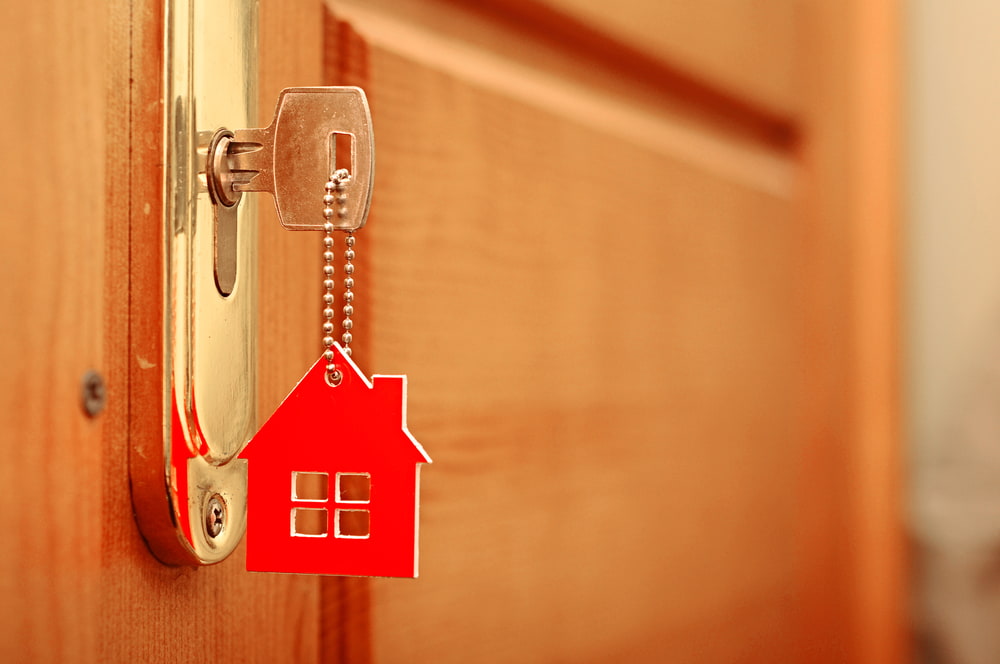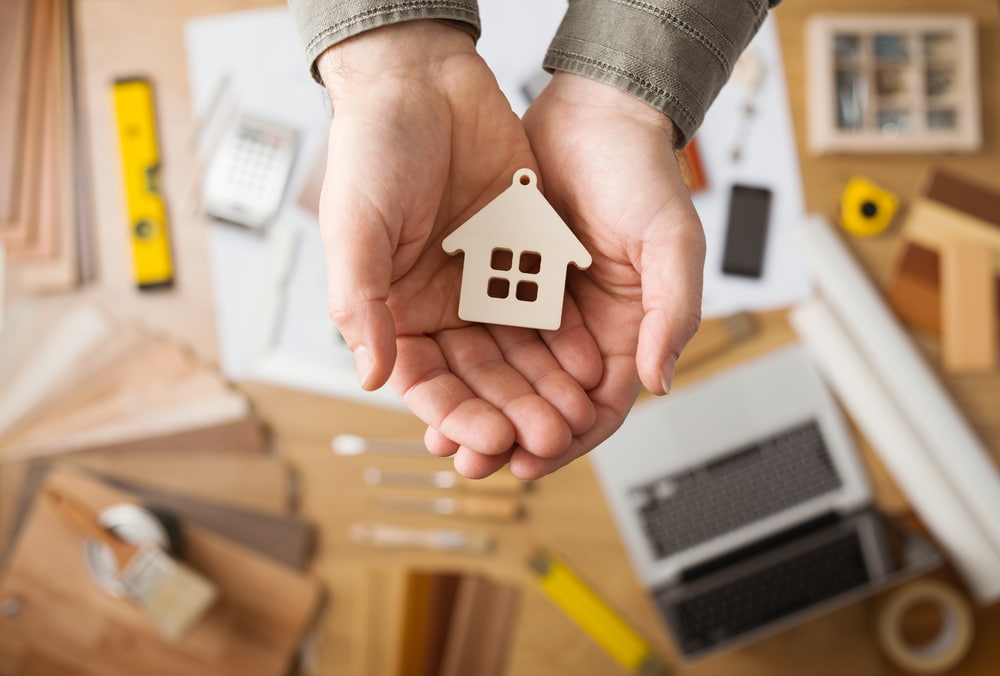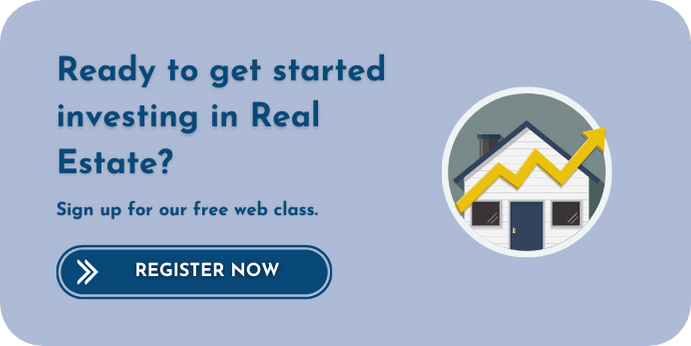How To Flip To Make Money
Key Takeaways
Option to buy |Seller financing | Crowdfunding
Let's make one thing clear: learning how to flip a house with no money down is entirely possible. There's an entire community of investors ready and able to lend you the funds you need to complete your first deal. That's right, there are plenty of investors willing to fill your pockets with their money — if you can prove to them that you deserve it, that is.
What Is House Flipping?
House flipping is the process of a real estate investor purchasing a property, making repairs or upgrades, and selling it for a profit. This investing strategy is intended for an investor to sell the property as fast as possible instead of using the property to reside in. house flipping is generally the most lucrative when an investor can locate an undervalued home and purchase it for a below market value and receive the highest possible bid once the property is repaired and put back on the market.
How Much Does It Cost To Flip A House?
The main costs of flipping a house will include renovation expenses, insurance, utilities, and marketing. The condition of the house upon purchase will determine the scope of work necessary to rehab the house and whether or not you will need to hire a contractor to complete bigger projects. You will need to cover homeowners insurance costs from the time you purchase the property until renovations are completed and you sell the house. The house's utilities need to be accounted for during the rehab process as water and electricity will be necessary to carry out the rehab. Once the rehab is completed, you will need to spend time and money on marketing to attract potential buyers. It may be worth hiring a realtor to help get your property off the market unless you have an extensive network of real estate professionals already in place.
If you want to start investing today, using other people's money will most likely be your quickest path to success, but you need to know who to look for. Below you will find your best options for funding your first deal.
8 Ways To Flip Houses With No Money And Bad Credit
Nowhere does it say an investor needs to fund a deal with their own money. As it turns out, there are several options for funding a deal made available to today's investors, none of which will require you to use capital from your own pocket. In fact, it's quite easy to argue that using other people's money is the gold standard, at least when it comes to investing in real estate. If for nothing else, private lenders, hard money lenders and any house flipping investors with an interest in making money are all more than viable options to seek out for your next deal. Here are seven options to help you learn how to flip a house with no money:
- Private Lenders
- Hard Money Lenders
- Wholesaling
- Partner With House Flipping Investors
- Home Equity
- Option To Buy
- Seller Financing
- Crowdfunding
[ Do you want to own rental real estate? Attend our FREE online real estate class to learn how to invest in rental properties and maximize your cash flow. ]

1. Private Lenders
More often than not, private lenders will serve as an investor's greatest source of funding. After all, private money lenders are essentially banks without the endless hoops to jump through most traditional lenders have become synonymous with. That said, private lenders are anyone with a few extra dollars in their pocket, a desire to invest, and a propensity to have their "ears bent." Perhaps even more importantly, they are not associated with a financial institution or a government-backed agency, such as Fannie Mae or Freddie Mac. That's an important distinction to make; it means they can make their own rules.
With the ability to set their own parameters, private money lenders will typically come at a steep price; it's not uncommon for their fee to rest somewhere in the neighborhood of six and 12 percent, but I digress. While the average private money lenders rate is slightly higher than a traditional lender's, they can have the money in an investor's hand in as little as a few days or even hours. Therein lies the greatest benefit of working with private money lenders: speed of implementation. The slightly higher interest rate is well worth the cost of admission if it means an investor can secure funding in as little time as possible. Not surprisingly, most investors will find that the speed at which they can make an offer is more important than the interest rate it came with. On the other hand, traditional banks may take as long as 30 to 45 days to close on a loan or just long enough to let a deal slip through your fingers.
Most private money lenders will require a bit of an insurance policy; or, more specifically, a promissory note and a mortgage or trust deed on the subject property. Some private lenders will even want borrowers to take it a step further and guarantee the loan with their own assets, but everything is negotiable.
2. Hard Money Lenders
In their simplest form, hard money lenders are lending companies that offer specialized short-term real estate-backed loans. Unlike their private money counterparts, they are actually affiliated with a company that specializes in lending. However, hard money lenders will typically offer shorter loan terms to avoid confusion with traditional lending institutions. Whereas transactional lenders will offer loans up to 15 and 30 years, hard money lenders tend to stick with a six-month to two-year window.
Other than their affiliation with an actual company, hard money lenders will operate a lot like private money lenders. Not only are their lending guidelines a lot looser than traditional institutions, but their rates are also slightly higher. Hard money lenders will usually ask for about 11 to 15 percent and about five points (additional upfront percentage fees based on the loan amount). However, it is worth noting that there are no universal hard money lender guidelines; each will come complete with a different set of criteria.
It is also important to note that most hard money lenders will usually only loan a percentage of the purchase price — typically around 70 percent, to be exact. That will require most investors to look elsewhere if they don't want to spend any money out of their own pockets, perhaps a private lender.
[ Ready to take the next step in your real estate education? Learn how to get started in real estate investing by attending our FREE online real estate class. ]
The Difference Between Hard Money & Conventional Loans
Conventional lenders like big banks judge whether or not to award loans based on the borrower's qualifications, such as their credit score and debt to income ratio. Hard money lenders take the borrower's credit score and income into consideration, but they are not as important as they are to banks. These lenders can be individuals or small businesses, and each will have its own set of loan qualifications. Hard money loans are typically based on the investment property at hand and the strength of the deal presented to them. They will evaluate the after repair value (ARV) of the property and the reliability of the rehabber before making the loan. Hard money lenders will finance properties that need repair that most big lenders will not, but will also require higher interest rates and less favorable terms than traditional lenders.
How To Find Hard Money Lenders
Hard money lenders are located throughout the country, you need to know how to find them. The easiest way to find them is by searching online for hard money lenders in your area. Here you will find results for companies who work with hard money loans that you can contact. Attending real estate investor meetings is a great way to network with hard money lenders looking to work with potential borrowers. You can also reach out to other real estate professionals in your network who have experience working with these lenders or know of a contact that you can reach out to.
3. Wholesaling
Wholesaling can enable investors to make a lot of money in a short amount of time, making it a great vehicle for flipping houses. The process involves finding properties for sale, getting them under contract, and then assigning the contract to a new buyer. Wholesalers make money based on a percentage of the final sale, which is usually between five and ten percent. The wholesale process does not actually involve purchasing properties, making it a great opportunity to get started in real estate without access to financing.
There is one thing to keep in mind as you consider this route: wholesale properties will not fall from the sky, and neither are buyers. While this is a highly lucrative opportunity, investors will need to take on an active role to succeed. This requires keeping a close eye on the market, networking with potential buyers, and learning how to negotiate contracts. However, by putting in the necessary effort to succeed as a wholesaler, investors will be well on their way to securing their first rehab property. As a bonus: the skills and connections needed for wholesaling will certainly come in handy as investors progress into flipping houses.
[If you want to learn more about building your first wholesale buyers list, be sure to read this article.]

4. Partner With House Flipping Investors
Both private and hard money lenders are a great way for investors to flip houses with no money out of their own pockets, but they are not the only ways. One additional way to flip a house without using your own money is to partner with house flipping investors. It is entirely possible that teaming up with someone that is already flipping houses can be your next best move, and there's no reason they couldn't provide you with the funding you need. That said, a partner with money is just as good as a private lender or hard money lender.
Instead of taking on your next deal alone, consider the idea of partnering up with house flipping investors. Provided the right alliances are made, there's no reason your partner can't fund the deal — so long as you bring value to the table. However, it is worth noting that if you aren't bringing the funds to the partnership, you had better bring a lot of value elsewhere. Perhaps you actually know of a deal, or maybe you have the right contacts. Whatever the case may be, as a partner, you need to carry your own weight. At the very least, partnering with investors who already have money is a great way to start investing.
5. Home Equity
Did you know you can actually use the equity built up in one property to purchase another? Homeowners with value in their current homes can utilize a few options to get access to cash. The first way to do this is through a cash out refinance. This involves redoing your existing mortgage and pocketing the difference between the two loans. There are no restrictions on what homeowners can do with this capital—meaning it could be used for the down payment on a fix and flip investment property.
Homeowners can also look into a home equity line of credit (HELOC) to purchase a rehab property. A HELOC operates similarly to a credit card, allowing investors to borrow against their equity and make payments every month. These loans will provide investors with a lump sum, offering a great start to flipping houses. The best part about this option is that the interest on a HELOC can be tax-deductible in some cases.
Note that homeowners must have a certain amount of equity in their property to take advantage of these options, which will vary based on your lender. As a general rule, the more equity you have built up, the higher your likelihood of getting approved will be. Finally: always consider how much equity you will have left in the property if you borrow against your home. Many homeowners will opt to maintain at least 20 percent.
6. Option To Buy
Option to buy, or lease option, is when investors agree to purchase a property after leasing. It works like this: renters occupy a space and then agree to purchase the home at the end of the lease agreement. The purchase price will be determined when the original contract is signed, and in most cases, rent payments will act as credits towards the final price. This is a great avenue for those wondering how to flip a house with no money down, as lease option homes do not typically require any upfront payments.
Investors hoping to flip a property through lease options will need to negotiate potential renovations and repairs at the time of the contract signing. That way, both parties are on the same page about any work being done to the property. The terms of an option to buy agreement will vary depending on circumstance, so always be sure to review the contract carefully. Investors may find this a viable option for flipping houses, though it will require preparation and a strong attention to detail.
7. Seller Financing
Another answer for those wondering "how to flip a house with no money" is through seller financing. Investors can either search for properties that advertise seller financing or pitch the idea to interested sellers after finding a home to flip. Rather than going through a traditional lender, seller financing allows investors to work directly with the former property owners. This is an attractive choice to flip houses with no money because investors have more flexibility when negotiating the loan terms. This can lead to a potentially small down payment, favorable payment schedule, and even simpler approval terms.
To secure a property using seller financing, investors need to know what to expect. Just like with private money lenders, investors need to instill a sense of confidence in potential sellers. Be transparent about your goals for the property and provide information that demonstrates why they should finance this deal. You will likely be asked about your income, employment, and credit history, but keep in mind that you are not working with a traditional lender. There is more room to explain your particular situation if necessary. Finally, remember that not every property that is eligible for seller financing will be the right fit for a rehab property. Mind your due diligence and consider if it is the right move for you.

8. Crowdfunding
Another way to secure a loan for your house flipping deal is through crowdfunding. Crowdfunding is a financing strategy that relies on multiple investors who contribute a portion of your total loan. You can search online to find various sites designed to specifically connect house flippers and crowdfunders to streamline the process. This is a great opportunity for house flippers who are unable to secure mortgages from other lending institutions.
Summary
Through no fault of their own, far too many new investors are unaware of the funding opportunities made available to them. For one reason or another, they are convinced they need to use their own money to buy a home, but they couldn't be more wrong. In fact, you don't need to use any of your own money if you want to start investing today. That is not to say having your own money wouldn't help, but it's certainly not necessary.
The best thing to remember when discovering how to flip a house with no money down is that your best chances of receiving funding are going to be private money lenders, hard money lenders, and partners. Each of these three options is made available to investors the day they get into the game.
Ready to get started flipping houses in your local market?
The best rehabbers know how to find the right properties, accurately estimate costs, and scale their businesses. Our new online real estate class, hosted by expert investor Than Merrill, can teach you the correct steps to flip your first property the right way and achieve success in real estate.
Register for our FREE 1-Day Real Estate Webinar and get started learning how to flip houses in your market!


The information presented is not intended to be used as the sole basis of any investment decisions, nor should it be construed as advice designed to meet the investment needs of any particular investor. Nothing provided shall constitute financial, tax, legal, or accounting advice or individually tailored investment advice. This information is for educational purposes only.
How To Flip To Make Money
Source: https://www.fortunebuilders.com/how-to-flip-houses-with-no-money/
Posted by: isaacclibing.blogspot.com

0 Response to "How To Flip To Make Money"
Post a Comment